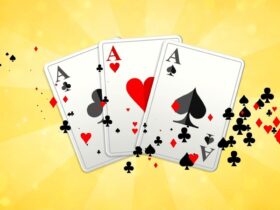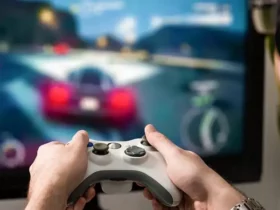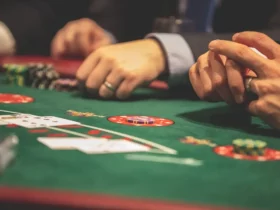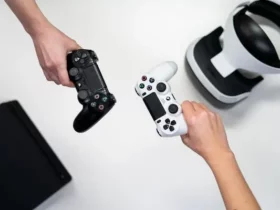People love claiming that gambling is harmless and it is a form of entertainment that will not hurt anyone. It is also a common pastime. There are many forms of gambling, from playing slot machines, buying lottery tickets, playing sports, and bingo. What makes compulsive gambling so accessible is because of how integrated it has become in our culture. It’s normalized – and it is also accessible!

However, past compulsive gamblers would beg to differ. For one, they know it is not a harmless hobby. In fact, there are serious repercussions on your mental health. A study found biopsychosocial effects caused by pathological gambling, which is linked to direct triggers and worsening depression, anxiety, obsessive disorders, and personality disorders.
Other links of gambling to mental health are the following:
Table of Contents
Online Gaming And Depression
Are you having a bad day? Or even worse, have you been feeling depressed? Enter the thought of winning money – and it might sound like it is all you need to feel better. Timothy W. Fong, MD, the author of “The Biopsychosocial Consequences of Pathological Gambling,” states that gambling can directly affect depression by exacerbating it and stress-related conditions, which include hypertension, anxiety disorder, and substance use issues.
Gambling works actively with the brain and its reward system. In fact, it works similarly to the way that a drug does. Even when the gambler is losing, their brain produces endorphins and adrenaline. As a result, they are encouraged to continue gambling. It worsens over time because the gambler will develop a tolerance for gambling, and it becomes a less rewarding experience.
Their brain feels that to feel better, they need to challenge themselves by taking bigger gambling risks to experience the same excitement as they did when they started gambling. As the brain has become conditioned, it yearns for more dopamine to help activate its reward system. In other words, be careful of the phrase play bacarrat online if you have mental health issues.
Over time, the gambler develops a tolerance to gambling, it becomes less rewarding, and they may find that they need to take bigger gambling risks to feel the same excitement as they did when they first started gambling. In other words, the brain becomes conditioned and yearns for more dopamine to trigger its reward system.
Gaming And Anxiety
Gambling also has a relationship to anxiety. Several will use gambling as a crutch: a way to distract themselves from anxiety or channel it into the feelings they obtain from the activity. A small sample (34%) of problem gamblers feel extreme anxiety through post-traumatic stress disorder. Moreover, those who struggle with gambling have a tendency to hide their gambling from other people.
They might even begin to lie and make excuses for their behavior and how they spend their money.
Online Money gaming And Mental Health
Gambling leads to low self-esteem issues, anxiety, depression, and depression, especially if it becomes a problem. It can also become an addiction, much like drugs and alcohol, if it gets out of control.
Gambling can cause low self-esteem, stress, anxiety, and depression if gambling becomes a problem. It directly affects the brain – to be exact, the part of our brain that releases dopamine.
Dopamine is a hormone that creates feelings of pleasure and reward. It is also a “feel good” hormone. We experience those things whenever we win bets or accomplish things. And whenever we do, the brain gives us emotional rewards.
If you are at risk of addiction, then you may want to turn to other pleasurable activities.
Wrapping Up
Mental health and gambling have intrinsic ties. If you want to gamble responsibly, you must also take good care of your mental and overall health. There are many ways you can channel your feelings to, and it’s more than gambling.
















